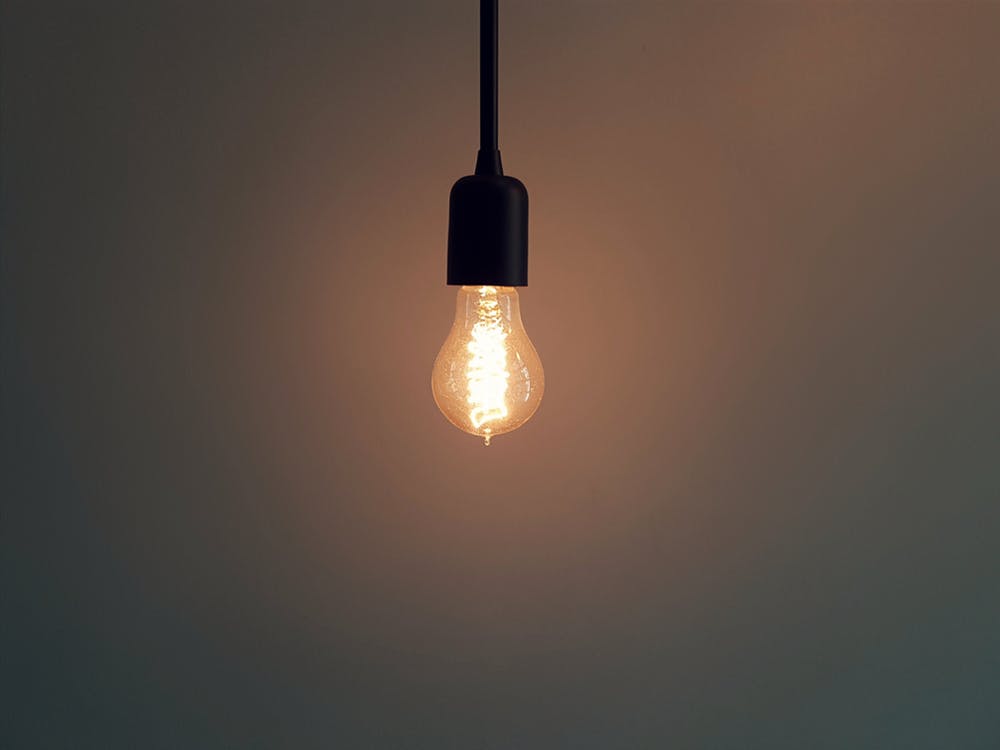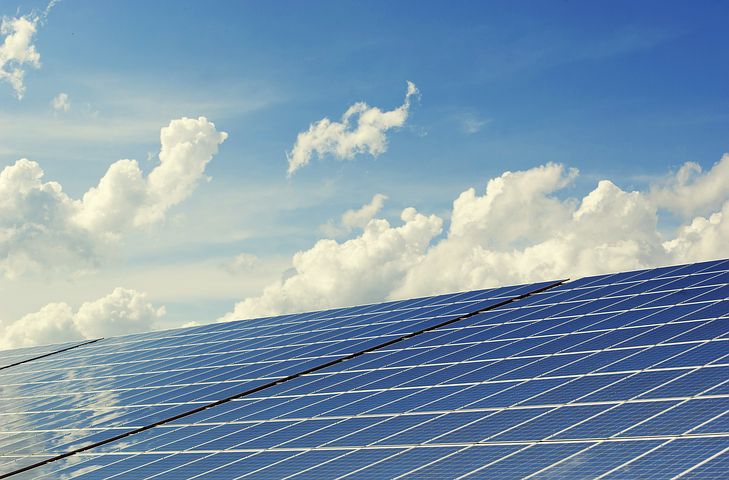Energy costs are input into a business onthe cost side, dragging on profitability, efficiency, and opportunities forexpansion. We are in a fortunateenvironment with lots of ways to reduce energy usage in business, withtransformative methods on the horizon. However, without looking too far out – there are lots of sustainabilityinitiatives that are cash flow positive within just a few years. When it comesto being sustainable, quick changes are within reach to improve your business’sbottom line.

LED
Lighting
LED lighting is the first step – those conversions typically have a 1-2 year return on investment (lower if there are utility incentives available). If you look up and see T12 fluorescents still in use, it’s best to get those swapped out to LEDs to see immediate savings. Look beyond your indoor lighting as parking lots can be home to inefficient metal halides. Daylight control sensors can add a bit of upfront cost to these upgrades, but they pay dividends down the road with lower usage and lower replacement costs (a light not used is a light not replaced).
Smart Thermostats
Smart thermostats are a must – both for reducing heating and cooling costs, They also give a business owner a lot of control over their facility, an added benefit. With a programable schedule, a smart thermostat can sense building usage patterns and adapt to your operational needs. When it comes to managing multiple properties, having the ability to compare energy use and set schedules is also handy, using included software viewable offsite through your phone or your computer. When it comes to your roof top units, HVAC upgrades are not a low ROI when replacing good working units but purchasing high efficiency at your next scheduled replacement is a must. Again, when combined with utility incentives, this can be very cost effective.
Economizers on HVAC Units
Economizers on HVAC units are great options for businesses with high occupancy or commercial cooking equipment, as they bring in fresh air to offset cooling demands on equipment (saving lifetime on units and energy). Many of these changes not only reduce your business’s energy consumption but have the added benefit of improving working conditions for employees and comfort levels for customers.
Recycling& Composting
Recycling and composting are a must for a modern office, and while not always cost-effective, they’re an important part of engaging younger workers. While composting doesn’t always seem attractive in an office or work setting, it’s mandated in some cities around the country and in doing so, reduces garbage that would otherwise end up in a landfill by a third. When done correctly, or by utilizing a composting service, you will not even notice a compost bin added to your employee break room or kitchen.
Employee transportation
Both large and small businesses should consider how their employees commute to work every day, and the distance to which they travel. Reducing vehicle congestion is one way to help make a city more sustainable, but also offering this as a benefit boosts employee health and moral. Offering employees a transportation benefit can also be at no cost to the company, and can be a payroll tax deduction. Making options for public transit and walking or biking to work is also essential and are often no cost to the business.
Solar Power
Finally, Solar Power on our businessroofs is on the horizon – your timeline for payback is the only limitingfactor. Most businesses that own theirbuilding and have a good roof can finance a solar array over 20 years, creatinga cash flow positive situation. Inaddition, there are so many tax benefits to a business for upgrading to solarin 2019, that you can actually create a cash infusion with the tax saving alongwith lowering your monthly energy costs. You might see a commontheme among a majority of the sustainable investments – they lead to bothenergy savings and a reduced maintenance burden on the business. These are attitudes in leadership that builda healthy and sustainable business. Ioften think about businesses that do not invest in trends in sustainability.There are hundreds and thousands of examples of businesses that do not investin the current trends and are still around today. However, as a generalization, those that donot invest in current sustainability trends also do not invest in theirbusiness overall, and likely won’t be around tomorrow.
Article Contributed by:

Jamie founded Verde Energy Efficiency Experts in 2010 with the mission to find and implement energy efficiency savings for customers in unexpected places within their business. Verde continues to grow its diverse offerings to businesses in order to provide solutions to lower operating costs and improve their triple bottom line.





Leave a Comment